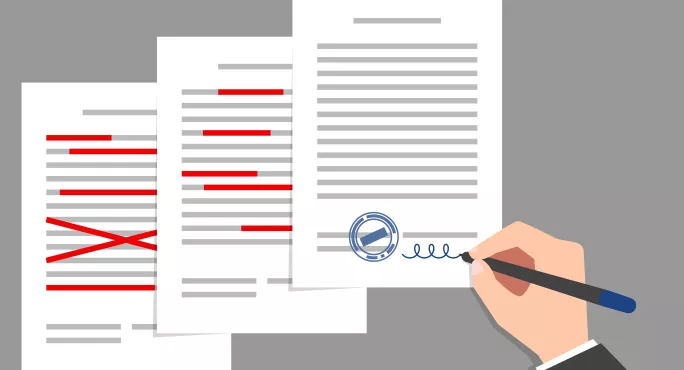The Department for Education (DfE) has “updated” a document setting out its case for all schools to be part of a multi-academy trust, following criticism by the UK statistics watchdog.
The Office for Statistics Regulation (OSR) revealed today that it had written to the DfE with concerns about the use of data supporting its recent Schools White Paper.
Now, the DfE says it has changed its evidence document, The case for a fully trust-led system - published alongside the White Paper - in order “to ensure even greater clarity and transparency”.
The department’s conclusions relating to academies’ performance “remain the same”, it said.
The NEU teaching union wrote to the OSR last month to highlight what it called “flaws” in the evidence used in the DfE document.
The OSR’s letter, published today, assesses the NEU’s claims.
It said it was “difficult for users to replicate the figures” set out by the DfE, adding that there is “insufficient information” on the methodologies used to produce them.
On transparency, the letter states: “It is not always possible to identify the exact data that have been used to produce analysis in the document”.
When talking about the methodologies used to produce the stats, and the limited information on these, it adds that “the implications that these would have on the fairness of the comparisons being drawn have not been fully explained to users”.
It also criticises the fact that much of the data in the document cannot be easily replicated by users, stating that the DfE “should ensure that sufficient information is included in the document so that users are able to easily replicate the statistics”.
Speaking at the NEU conference last month, the union’s joint general secretary Kevin Courtney said that the DfE should withdraw “flawed” and “disgraceful” statistics used to back the government’s drive towards academisation.
At the time, Mr Courtney called the White Paper a “statistics scandal”, and said there had been a “deliberate suppression” of relevant data.
Reacting to the news today, fellow joint general secretary Mary Bousted said the education secretary should now “withdraw” the academisation plan.
She added: “The government claims that its plan to force all schools to join a multi-academy trust is evidence led.
“However, after months of preparation, the document it came up with was so flawed that the OSR have agreed with the NEU’s complaint that the report is misleading. This shows that there is no evidence that forcing all schools to join a multi-academy trust will improve schools.
She said the plan had been “exposed as wholly ideological” and that the DfE should “get back to what teachers and parents actually want the government to focus on”.
A DfE spokesperson said: “Our evidence remains clear that strong multi-academy trusts have a good track record of improving underperforming schools as sponsored academies, with those academies on average improving more quickly than similar local authority schools.
“We welcome this input from the Office for Statistical Regulation and have updated our Case for a fully trust-led system document to ensure even greater clarity and transparency, noting the department’s conclusions relating to academies’ performance remain the same.
“We want all schools to be part of a strong academy trust so they can benefit from the trust’s support in everything from teacher training, curriculum, financial planning and inclusivity towards children with additional needs, to excellent behaviour and attendance cultures.”




